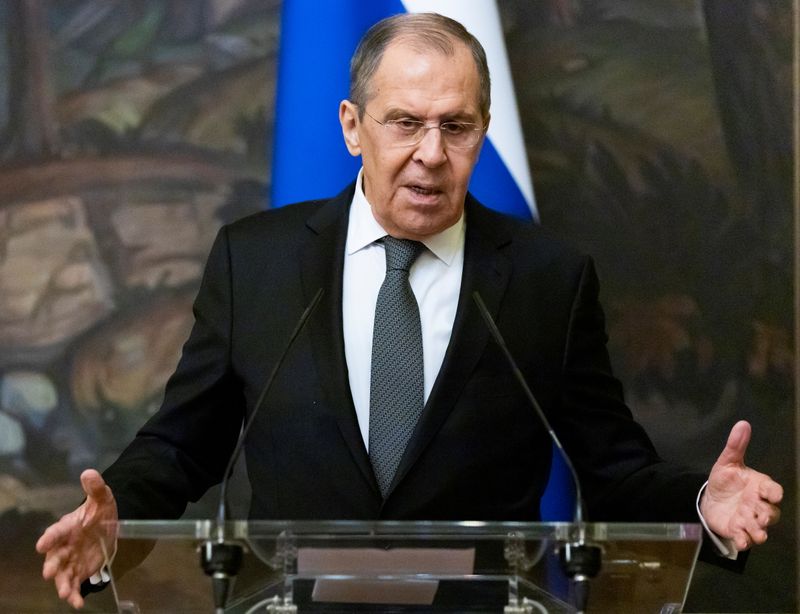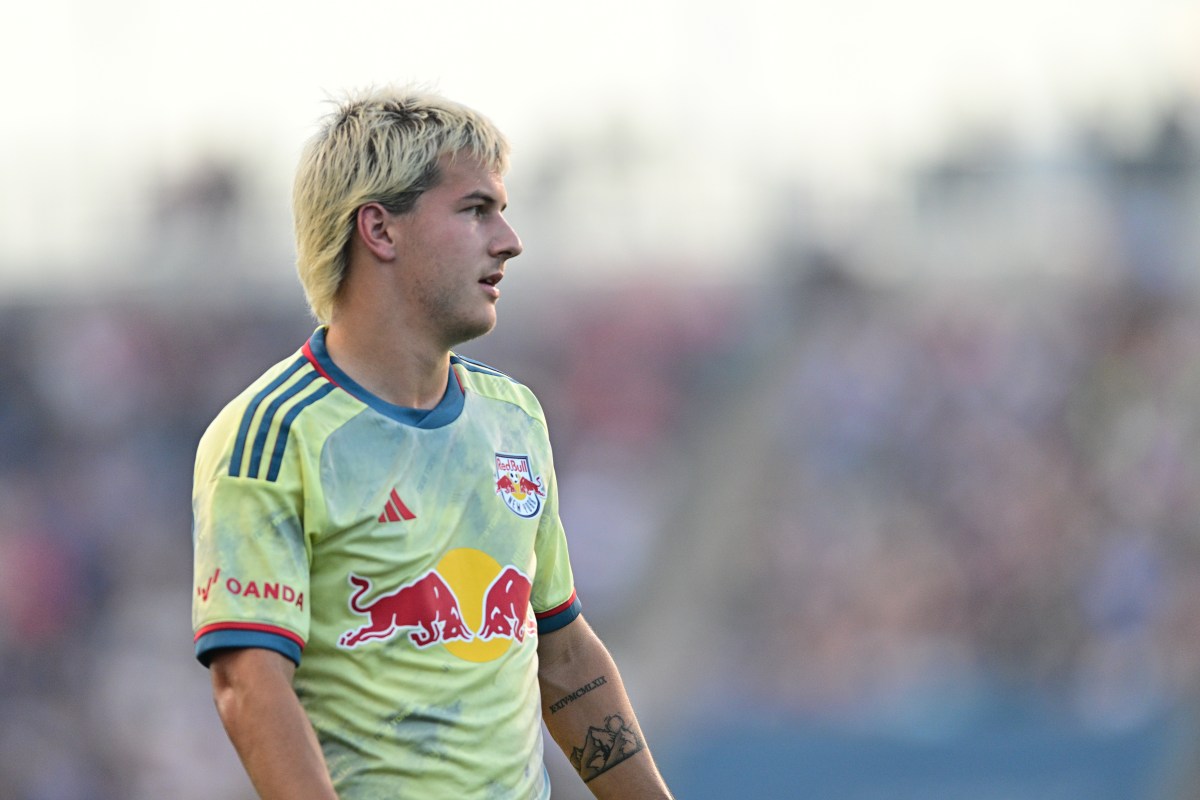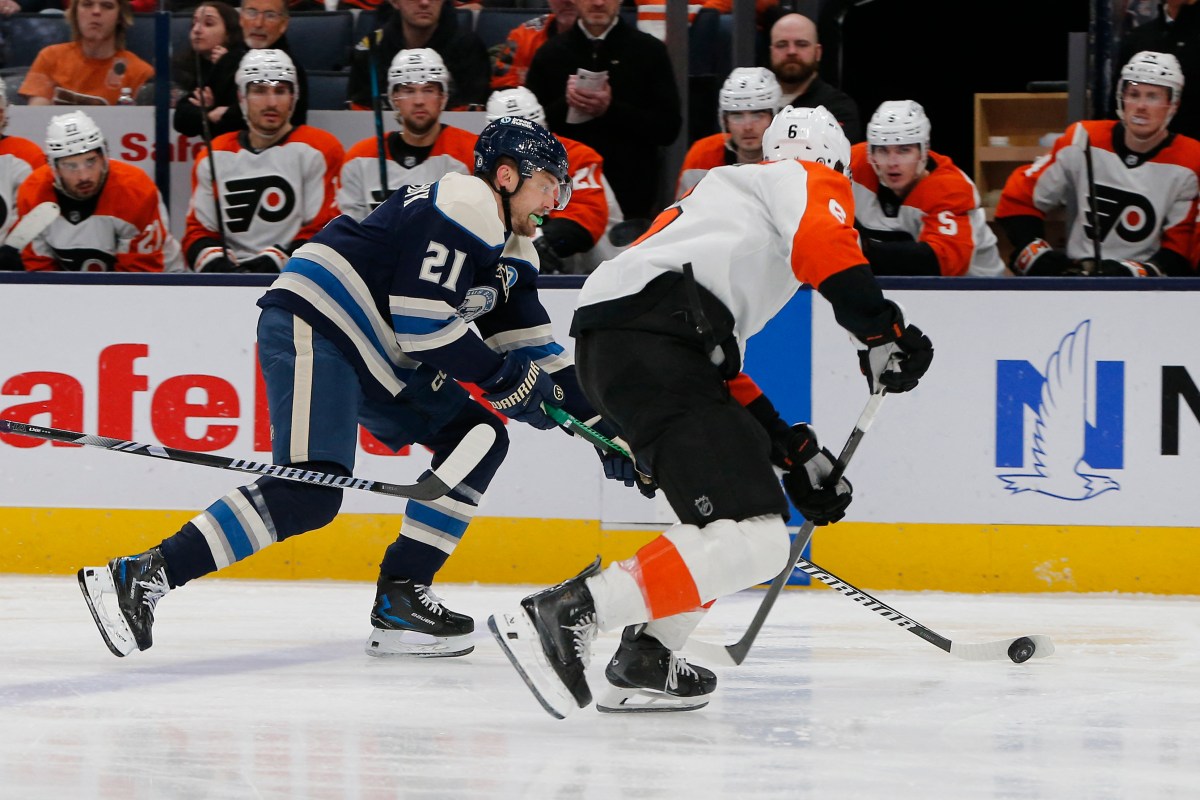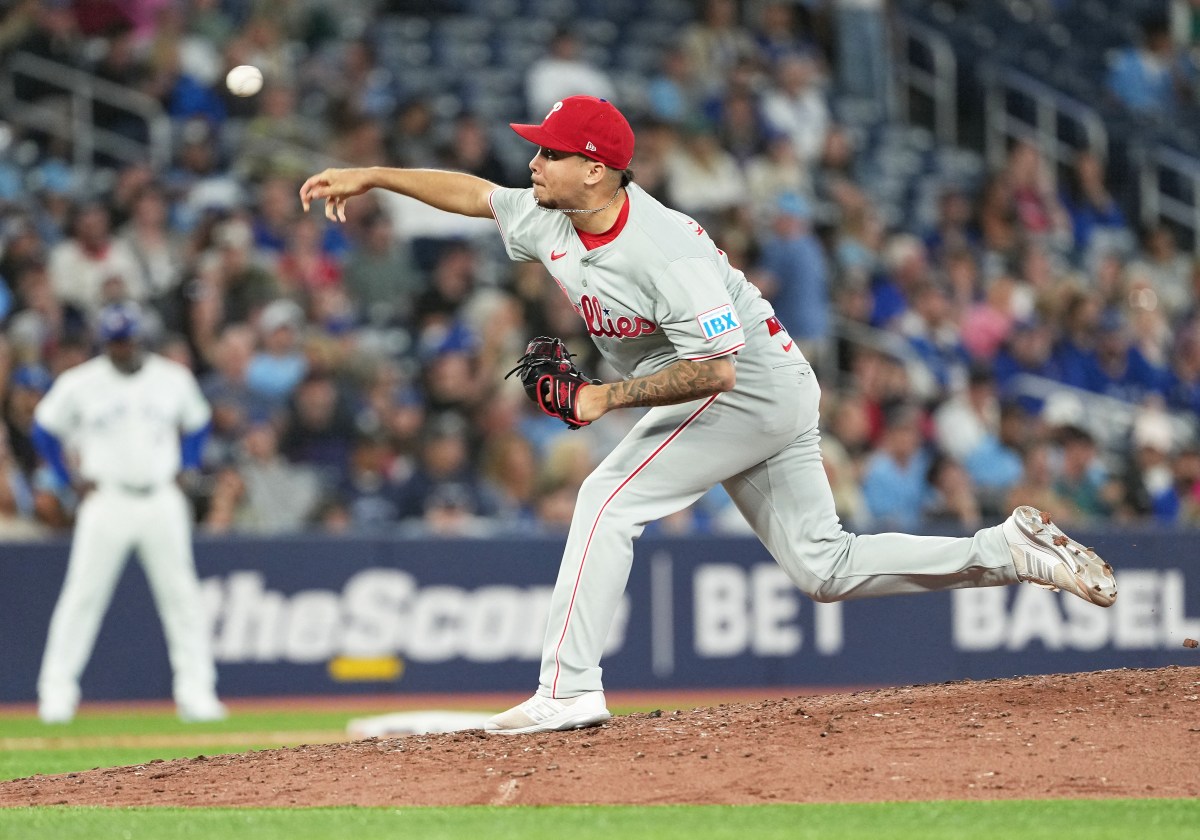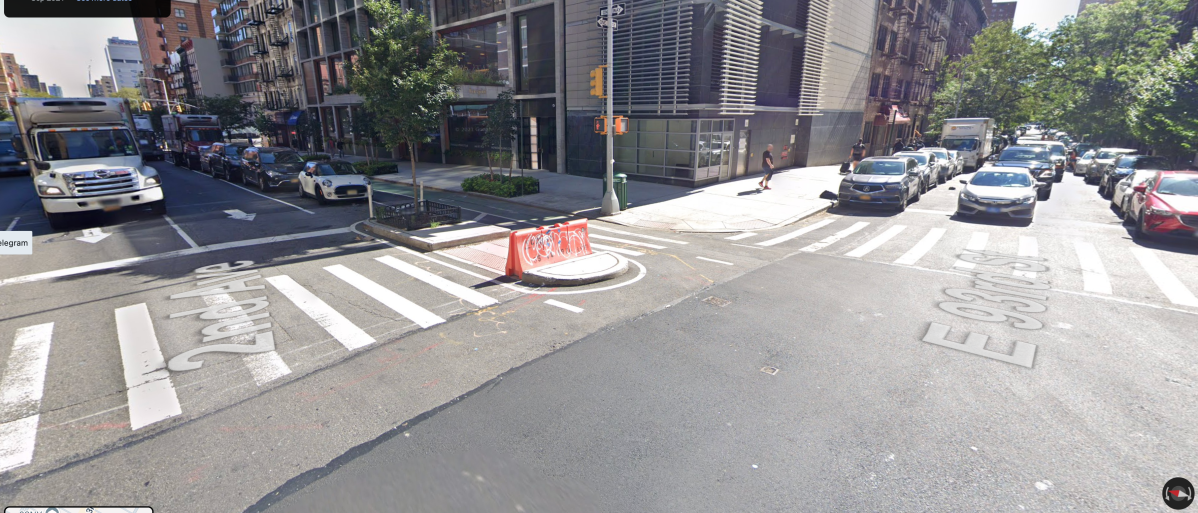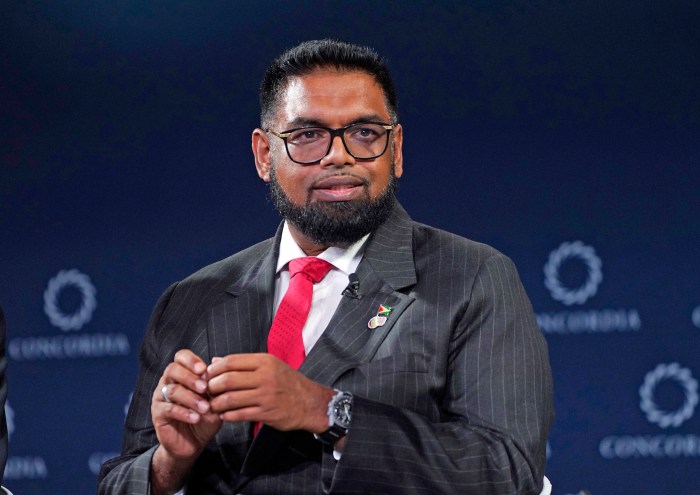BAKU (Reuters) -Russia has proposed discussing arms control and security issues at a possible meeting between Russian President Vladimir Putin and U.S. President Joe Biden, Foreign Minister Sergei Lavrov said on Tuesday.
Lavrov said Russia was still waiting for answers from Washington on a proposed summit between the two leaders, and that Moscow had proposed that strategic nuclear stability, both offensive and defensive, be high on the agenda.
In separate comments, U.S. ambassador on disarmament Robert Wood said preparations for the talks were underway.
“President Biden and President Putin have agreed to explore strategic stability discussions on a range of arms control and emerging security issues,” he told a virtual United Nations conference on disarmament.
“They are in the process of preparing for these discussions.”
Relations between Moscow and Washington slumped to a post-Cold War low in March after Biden said he thought Putin was a “killer” and Moscow recalled its ambassador to Washington for consultations.
But after slapping sanctions against Russia last month, Biden said there was still room for the countries to work together.
Biden has said he would like to hold a summit with Putin during his trip to Europe in June. The White House said lingering differences between Washington and Moscow would need to be resolved before any summit could take place.
The Kremlin has said it is studying the possibility of holding the summit.
Russia in January approved a five-year extension of the New START nuclear arms control treaty with the United States days before it was set to expire. The treaty limits the numbers of strategic nuclear warheads, missiles and bombers that Russia and the United States can deploy.
Moscow and Washington had failed to agree an extension under former U.S. President Donald Trump, whose administration had wanted to attach conditions to a renewal that Moscow rejected.
(Reporting by Nailia Bagirova in Baku, Vladimir Soldatkin in Moscow and Emma Farge in Geneva; Writing by Alexander Marrow/Gabrielle Tétrault-Farber;Editing by Andrew Cawthorne, Angus MacSwan and Giles Elgood)

